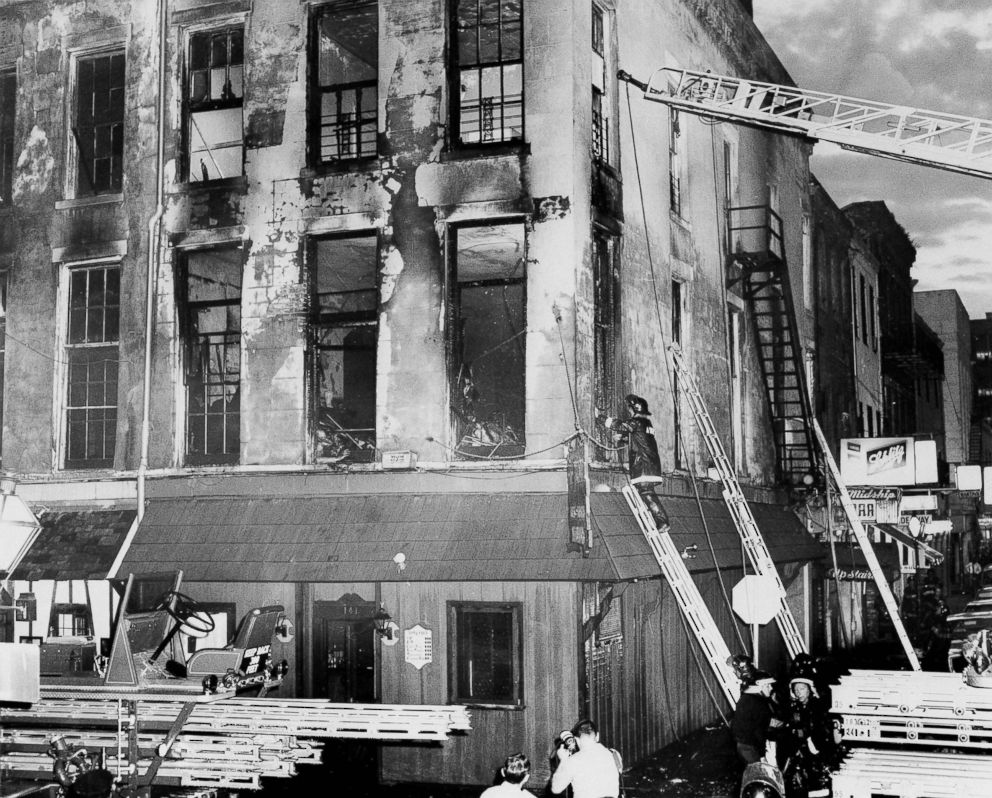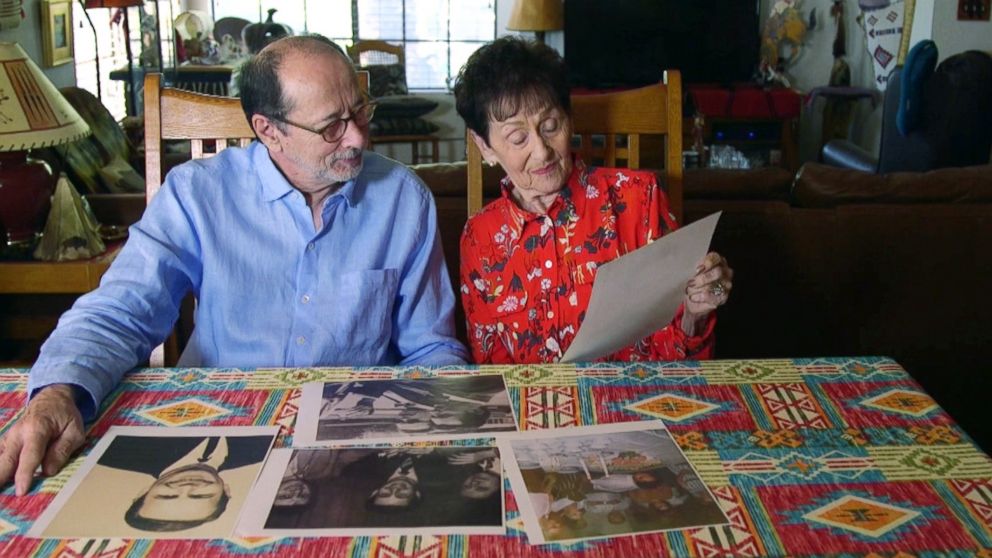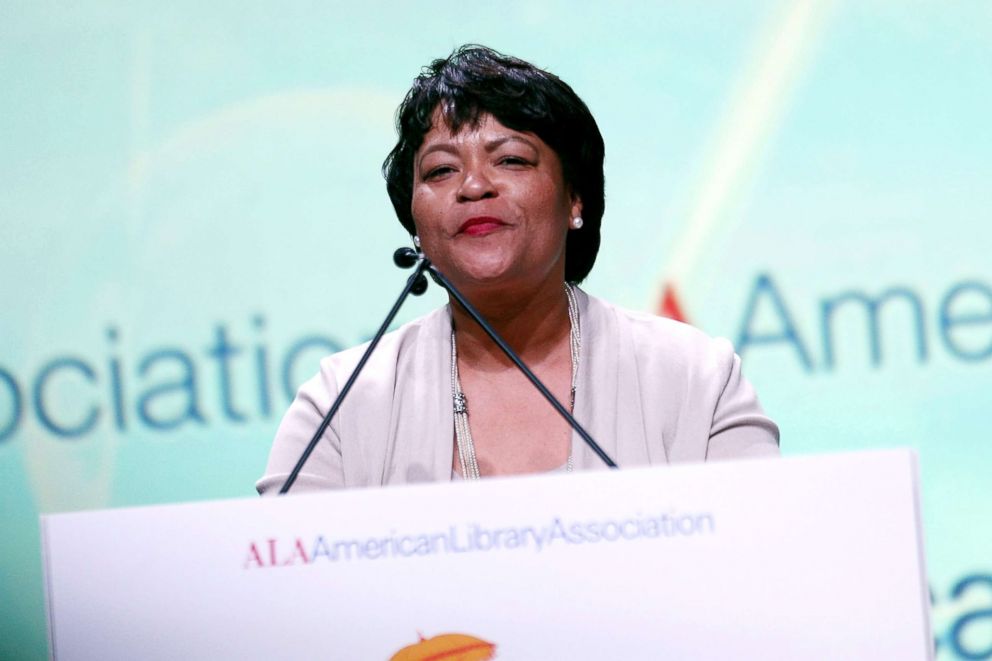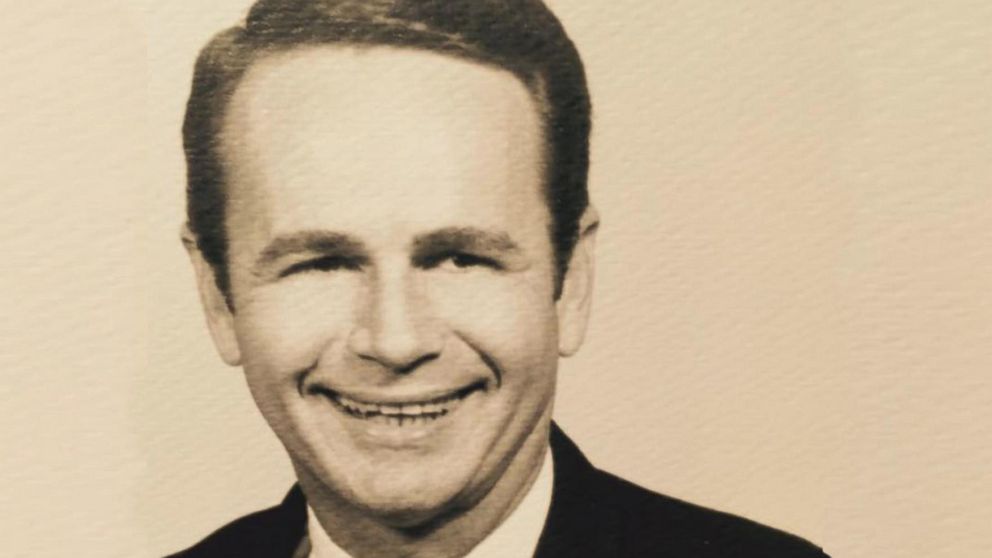City of New Orleans quietly launches search for lost remains of UpStairs Lounge fire victim
The family of Ferris LeBlanc are seeking to give him a proper military burial.
The City of New Orleans has launched an effort to find the lost remains of Ferris LeBlanc, a World War II veteran who died in a 1973 fire that killed 32 people at a popular French Quarter gay bar called the UpStairs Lounge, ABC News has learned.
Five members of the Office of Mayor LaToya Cantrell were tasked with the search shortly after the release of an ABC News documentary that highlighted his family’s increasingly desperate effort to locate his remains and return them to California for a proper military burial.
“We are actively working with the family to resolve this issue,” a City Hall spokesperson told ABC News, “with the ultimate goal to return the remains to the LeBlanc family and provide some form of closure to this tragedy.”
The UpStairs Lounge fire, which was intentionally set by an arsonist who was never arrested by local authorities, was the largest mass murder of LGBTQ citizens in United States history until the Pulse nightclub massacre in 2016.
Survivors, family members, first responders, activists and journalists interviewed by ABC News agreed that the city’s response to the tragedy exposed pervasive prejudices toward the gay community in the otherwise famously tolerant city.

According to Robert Fieseler, author of “Tinderbox: The Untold Story of the Up Stairs Lounge Fire and the Rise of Gay Liberation,” shock and sympathy were quickly replaced by ignorance and apathy when people learned “what kind of bar had burned down and who the victims had been.”
“The deadliest fire in New Orleans history provoked not an outpouring of grief for the dead but instead, among mainstream residents, humiliation for the release of the dead’s secrets: their unconventional sexual tastes, at a time when the mere discussion of homosexuality was taboo,” wrote Fieseler in an email to ABC News. “This sense of revulsion became apparent in the way that many of the Up Stairs Lounge dead were treated as ‘less than.’”
Following his death, LeBlanc’s remains were identified by the ring on his finger and buried — along with three other victims of the fire whose bodies were burned beyond recognition — in the city’s potter’s field. LeBlanc’s family told ABC News that they were never informed of his death; they learned of his fate more than 40 years later, in 2015, after a curious family member typed LeBlanc’s name into Google.
An armchair investigation undertaken by LeBlanc’s sister Marilyn LeBlanc-Downey, her son Skip Bailey, and Skip’s wife Lori Bailey led the family to a private cemetery called Resthaven, which was once contracted by the city to perform burials of New Orleans’ indigent and unclaimed. LeBlanc’s remains were buried in an unmarked grave in the enclosed field behind the cemetery, Skip was told, in Panel Q, Lot 32.
But it was there that the search screeched to a sudden halt. Both city and cemetery officials told the family that all relevant records, including any applicable maps of the property, had been destroyed several years earlier by Hurricane Katrina. To make matters worse, a long-running financial dispute between the city and cemetery had seemingly made any cooperation between them impossible.

Fieseler’s book — and the ABC News documentary inspired by it — would spark renewed interest in the fire and fresh outrage at the plight of LeBlanc’s family ahead of the memorial marking the 45th anniversary of the tragedy.
In a scathing editorial, The Times-Picayune, New Orleans’ leading newspaper, urged the city to take up the cause and “do whatever they can to help Mr. LeBlanc’s family locate his body.”
“Bigotry helped keep his death a secret from his family and likely contributed to the way his burial was handled,” wrote the paper’s editorial board. “It was a shameful moment for our city, and we need to try to atone for it.”
Leaders from across the city and the state quickly rallied to the family’s side.
Rep. Clay Higgins, a Republican from Louisiana who sits on the House Committee on Veterans’ Affairs, contacted the family directly and suggested the key could lie in the only surviving video of the burial -- just a few seconds of grainy news footage -- which could be used to triangulate the site of the plot.
“I believe we will get this veteran home,” Higgins told ABC News. “This is just a beautiful reflection of an American family's love, and I think we can all take note of that and ask ourselves, ‘Would we put this kind of energy into finding our long-lost relative?’ ... I believe that we would.”
Sen. Bill Cassidy, another Republican from Louisiana who sits on the Senate Committee on Veterans’ Affairs, also pledged his support and agreed that the family’s effort speaks to the country’s highest ideals.
“Our country has always made the point that we’re going to remain committed to those who committed themselves to us in a line of service,” Cassidy told ABC News. “I think this continues that ethic.”

But it is newly elected Mayor Cantrell who has emerged as the family’s most powerful ally. She joined mourners during the 45th anniversary events, marching in the second line parade, speaking at the memorial service and meeting the LeBlanc family. She also marked the occasion by announcing the creation of a new “LGBTQ+ Task Force” to address the needs of the city’s “marginalized” citizens.
“We hope that announcing this initiative will send a powerful message of care and concern for these communities, and to the LGBTQ+ community as a whole,” Mayor Cantrell said.
The effort to find LeBlanc faces long odds and an uphill battle. A letter from the Louisiana Attorney General’s Office, which city officials are using as a roadmap for their search, poses ten questions that need to be considered and investigated as the city starts “determining under what circumstances to grant disinterment authorization.”
A copy of that letter, which was obtained by ABC News, can be read below.
But the family says they feel closer than they have ever been to reclaiming a measure of dignity for LeBlanc. After many years of fighting alone, they are now, at least, grateful for the company.
“We are cautiously optimistic,” Lori Bailey told ABC News. “We’ve been fighting this battle by ourselves for so long and getting nowhere, so the fact that the Mayor’s Office stepped up … We’re thankful for everyone who has brought all of the information forward.”





